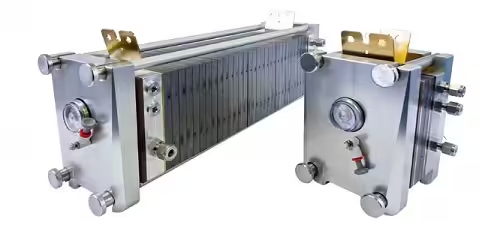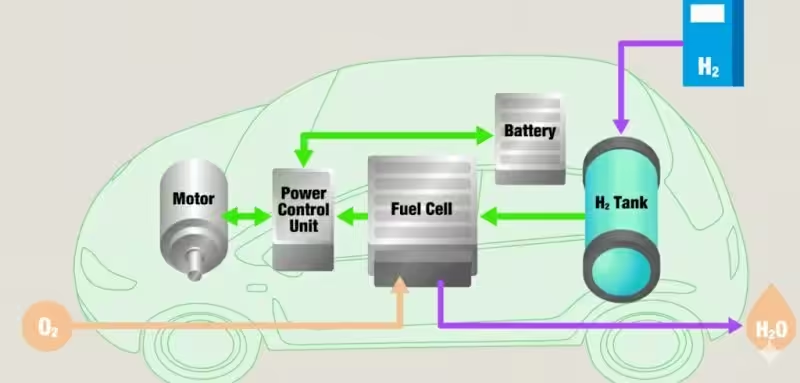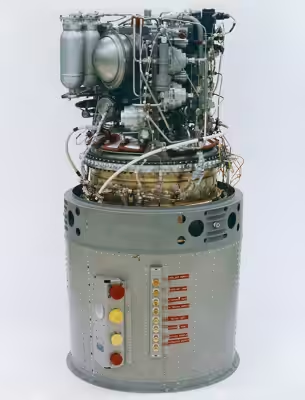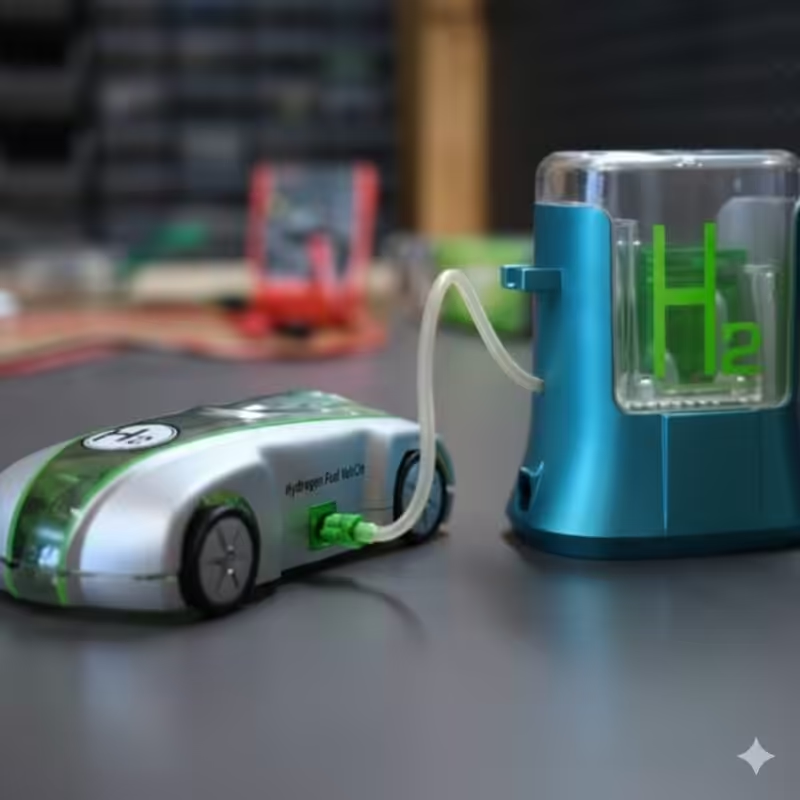Ultrananaotech, ULTRANANOTECH
Fuel Cell: A key to Sustainability!!
Introduction
Imagine a world where cars, homes, and industries are powered without polluting the air. Sounds like a dream, right? Well, fuel cells could make it a reality! This is the promise of fuel cells—an innovative technology that could revolutionize the way we produce and use energy while paving the way for a sustainable future. These amazing energy devices have the potential to replace fossil fuels and create a cleaner, greener planet.
What is a Fuel Cell?
A fuel cell is a device that generates electricity through a chemical reaction, typically using hydrogen and oxygen. Unlike traditional combustion engines, fuel cells don’t burn fuel; instead, they convert hydrogen into electricity with only water and heat as byproducts. This means zero emissions of harmful gases like carbon dioxide or nitrogen oxides.
This means they offer a zero-emission energy solution that can power everything from vehicles to homes and even entire industries. This makes them an eco-friendly alternative to fossil fuels.

Fig: Fuel cell
Why Fuel Cells are Important for Sustainability?
Zero Carbon Emissions – Since fuel cells don’t rely on fossil fuels, they produce no harmful greenhouse gases, helping to combat climate change.
Clean Energy Source – Since fuel cells only produce water and heat, they help reduce air pollution and fight climate change.
Efficient & Reliable – Fuel cells are more efficient than traditional engines, meaning less energy is wasted and is converting a larger percentage of fuel into electricity.
Versatile Usage – They can be used in cars, buses, trains, ships, power plants, portable generators and even space missions!
Energy Independence – Hydrogen, the main fuel for fuel cells, can be produced from various methods like electrolysis of water, steam reforming of natural gas (mostly methane) , and biological processes like bacteria and algae, can produce hydrogen as a byproduct of their metabolism.
Reduced Noise Pollution:Fuel cells are known for their quiet operation, which is particularly important in urban areas where noise pollution is a concern.
Longer Lifespan and Reduced Maintenance:Fuel cells have a longer lifespan and require less maintenance than traditional combustion engines.
How Fuel Cells Can Shape the Future?
Transportation Revolution – Fuel cell-powered cars, buses, and trucks can replace petrol and diesel vehicles, reducing emissions and making cities cleaner. Hydrogen fuel cell vehicles (FCVs) offer a clean alternative to gasoline and diesel-powered cars, reducing air pollution and dependency on oil.

Fig: Fuel cell in cars
Sustainable Homes – Hydrogen fuel cells can power homes, reducing reliance on fossil fuels.
Green Industries – Factories and power plants can use fuel cells for cleaner manufacturing processes, lowering their carbon footprint, clean electricity, cutting down pollution.
Space Exploration & Beyond – NASA has been using fuel cells for decades in space missions, demonstrating their reliability and efficiency.

Fig: Fuel cell Used in Apollo 11 for space mission
Challenges and the Road Ahead
While fuel cells are promising, they still face challenges like high costs, hydrogen production infrastructure, and storage issues. However, ongoing research and technological advancements are driving down costs and improving efficiency. Governments and private industries are also investing in hydrogen infrastructure, making fuel cells more accessible.
Conclusion
Fuel cells offer a powerful solution to our global energy crisis. By adopting this clean technology, we can move towards a world where energy is sustainable, efficient, and environmentally friendly. The future is bright, and fuel cells could light the way!
Fuel cells are a game-changer in the global shift towards clean energy. By embracing this technology, we can significantly reduce pollution, enhance energy security, and create a more sustainable world. The future of energy is here, and fuel cells are leading the way!
References
Title: NASA’s Moon Shot Launched Commercial Fuel Cell Industry
Link: https://spinoff.nasa.gov/NASA%E2%80%99s_Moon_Shot_Launched_Commercial_Fuel_Cell_Industry
Title : Fuel cell Store
Link: https://www.fuelcellstore.com/blog-section/fuel-cell-information/techniques-for-measuring-fuel-cell-resistance
Courtesy:
Simran,
Technical Sales Executive at Ultrananotech Pvt Ltd

